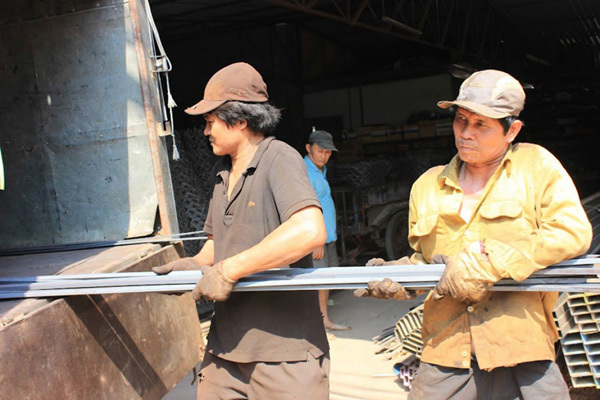 |
|
Illustrative image. – Photo: SGT
|
According to the ILO, the number of unemployed workers in 2023 is expected to fall to the 2021 unemployment level but still remain above the 2019 level at 1.1 million.
Global unemployment is expected to remain above pre-Covid-19 levels until at least 2023. The 2022 level is estimated at 207 million, compared to 186 million in 2019, according to the ILO’s World Employment and Social Outlook –Trends 2022 (WECO Trends).
The downgrade in the 2022 forecast reflects, to some extent, the impact that recent variants of Covid-19, such as Delta and Omicron, are having on work.
The WESO Trends report warns of the stark differences in the impact of the health crisis on groups of workers and countries. These differences are deepening inequalities within and among countries and weakening the economic, financial and social fabric of almost every nation, regardless of the development status. This damage is likely to take years to repair, with potential long-term consequences for labor force participation, household incomes and social and possibly political cohesion.
The effects are being felt in labor markets in all regions of the world, although a great divergence in recovery patterns can be observed.
The European and the North American regions are showing the most encouraging signs of recovery, while Southeast Asia and Latin America and the Caribbean have the most negative outlook. At the national level, a labor market recovery is strongest in high-income countries, while lower-middle-income economies are faring the worst, according to ILO.
The disproportionate impact of the health crisis on women’s employment is expected to last in the coming years, the report says. Meanwhile, the closing of education and training institutions will have cascading long-term implications for young people, particularly those without internet access.
“Two years into this crisis, the outlook remains fragile and the path to recovery is slow and uncertain,” said ILO Director General Guy Ryder.
“There can be no real recovery from this pandemic without a broad-based labor market recovery. And to be sustainable, this recovery must be based on the principles of decent work, including health and safety, equity, social protection and social dialogue,” he said.
Source: SGT

More Vietnamese intellectual employees opt for freelance work
One of biggest changes is that graduates have opted for working as freelancers. There has also been a shift where people are opting for freelance work rather than full-time roles because of the flexibility it provides.

Covid-19 starting to hit Vietnamese enterprises as workers are laid off
Now is the time when enterprises are feeling the ‘brutality’ of the Covid-19 epidemic. They have had to lay off many workers as they cannot maintain production and have received no orders.